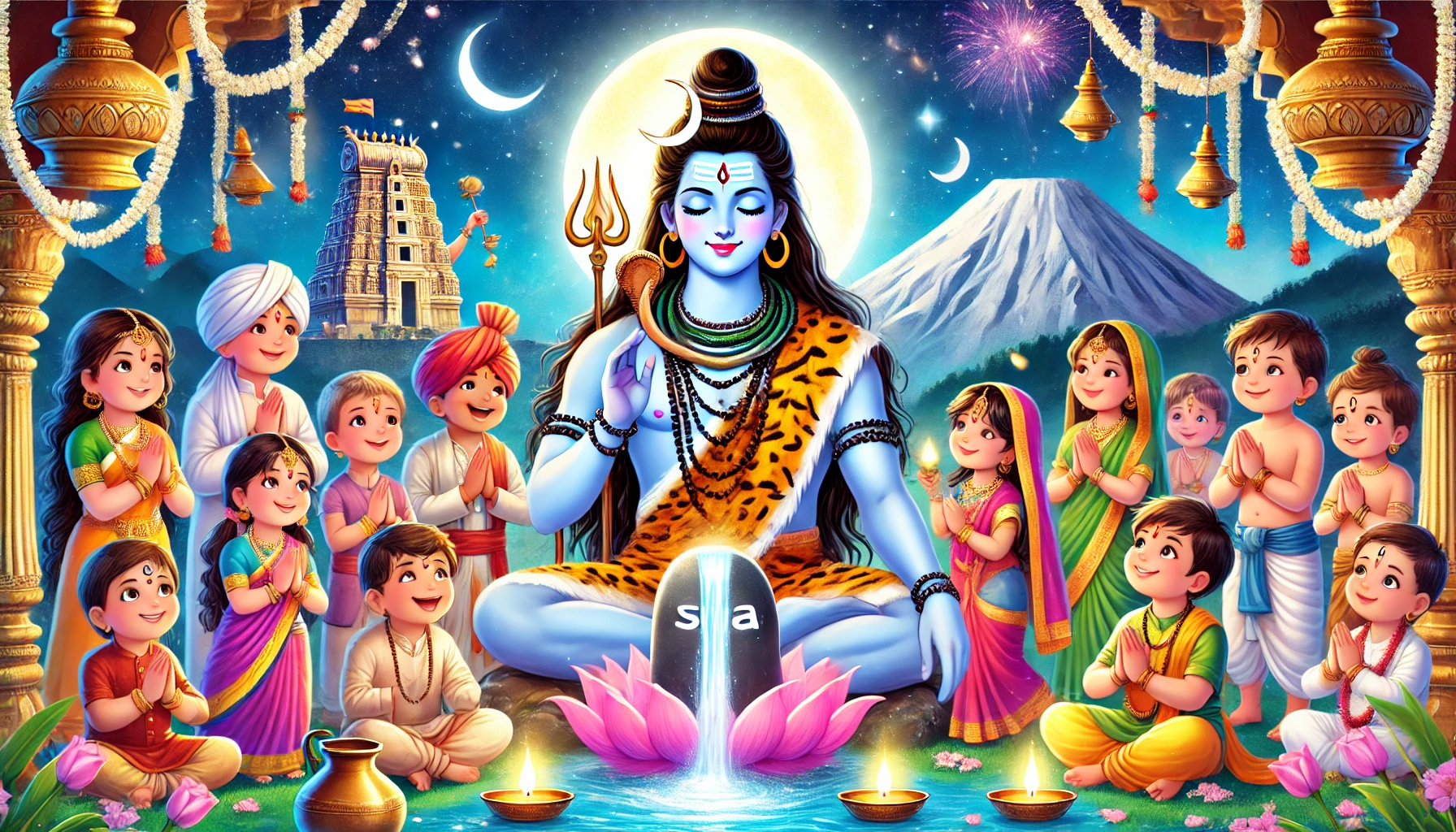
Maha Shivratri: Significance, Rituals, and Spiritual Importance
Maha Shivratri, one of the most revered Hindu festivals, is dedicated to Lord Shiva, the supreme deity of destruction and transformation. Celebrated annually, this sacred night marks the convergence of divine energy and spiritual awakening. Devotees observe fasting, offer prayers, and engage in night-long worship, seeking Lord Shiva’s blessings for wisdom, prosperity, and inner peace. More than just a festival, Maha Shivratri symbolizes self-discipline, devotion, and the triumph of light over darkness.
Mythological Significance of Maha Shivratri
Maha Shivratri holds deep mythological significance, with various legends associated with its celebration. One of the most popular beliefs is that it marks the divine wedding of Lord Shiva and Goddess Parvati, symbolizing the union of cosmic energies. Another legend states that on this night, Lord Shiva consumed the deadly poison (halahal) that emerged during the churning of the ocean (Samudra Manthan), saving the universe from destruction. Maha Shivratri is also believed to be the night when Lord Shiva performed the cosmic dance (Tandava), representing creation, preservation, and destruction.
Rituals and Traditions of Maha Shivratri
Maha Shivratri is observed with immense devotion and spiritual discipline. The day begins with devotees visiting Shiva temples to offer prayers and perform special rituals. The key traditions include:
- Fasting – Devotees observe a strict fast, refraining from food and water, while some consume fruits and milk.
- Abhishekam – The sacred ritual of bathing the Shiva Linga with water, milk, honey, ghee, curd, and bel leaves, signifying purification.
- Chanting Mantras – Continuous chanting of “Om Namah Shivaya” and reciting Shiva stotras to invoke divine blessings.
- Jagran (Night Vigil) – Devotees stay awake throughout the night, meditating and engaging in bhajans, symbolizing awareness and enlightenment.
Spiritual and Cultural Importance
Maha Shivratri is more than just religious observances; it is a festival that encourages self-discipline, detachment from materialistic desires, and spiritual awakening. The fast purifies the mind and body, while meditation and prayers lead to inner peace and self-realization. It is believed that sincere worship on this night helps one attain moksha (liberation) from the cycle of birth and death. The festival also fosters unity, as devotees across different regions come together to celebrate Lord Shiva’s divine presence.
Celebrations Across India
Maha Shivratri is celebrated with grandeur in many parts of India, with major Shiva temples witnessing a massive influx of devotees. Some of the most famous celebrations take place at:
- Kashi Vishwanath Temple (Varanasi) – Devotees throng the temple to witness grand rituals and processions.
- Mahakaleshwar Temple (Ujjain) – The Bhasma Aarti performed at dawn is a major attraction.
- Somnath Temple (Gujarat) – Special prayers and cultural performances are held throughout the night.
- Neelkanth Mahadev Temple (Rishikesh) – Thousands of devotees trek to offer prayers and perform the sacred abhishekam.
Conclusion
Maha Shivratri is a festival that transcends rituals and immerses devotees in deep spiritual consciousness. It is a time for self-reflection, devotion, and transformation. By observing fasting, chanting Shiva’s name, and meditating on his teachings, one can attain inner peace and divine blessings. Let this sacred night inspire us to embrace discipline, positivity, and the wisdom of Lord Shiva in our daily lives. Har Har Mahadev!


